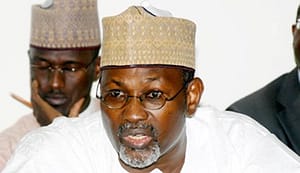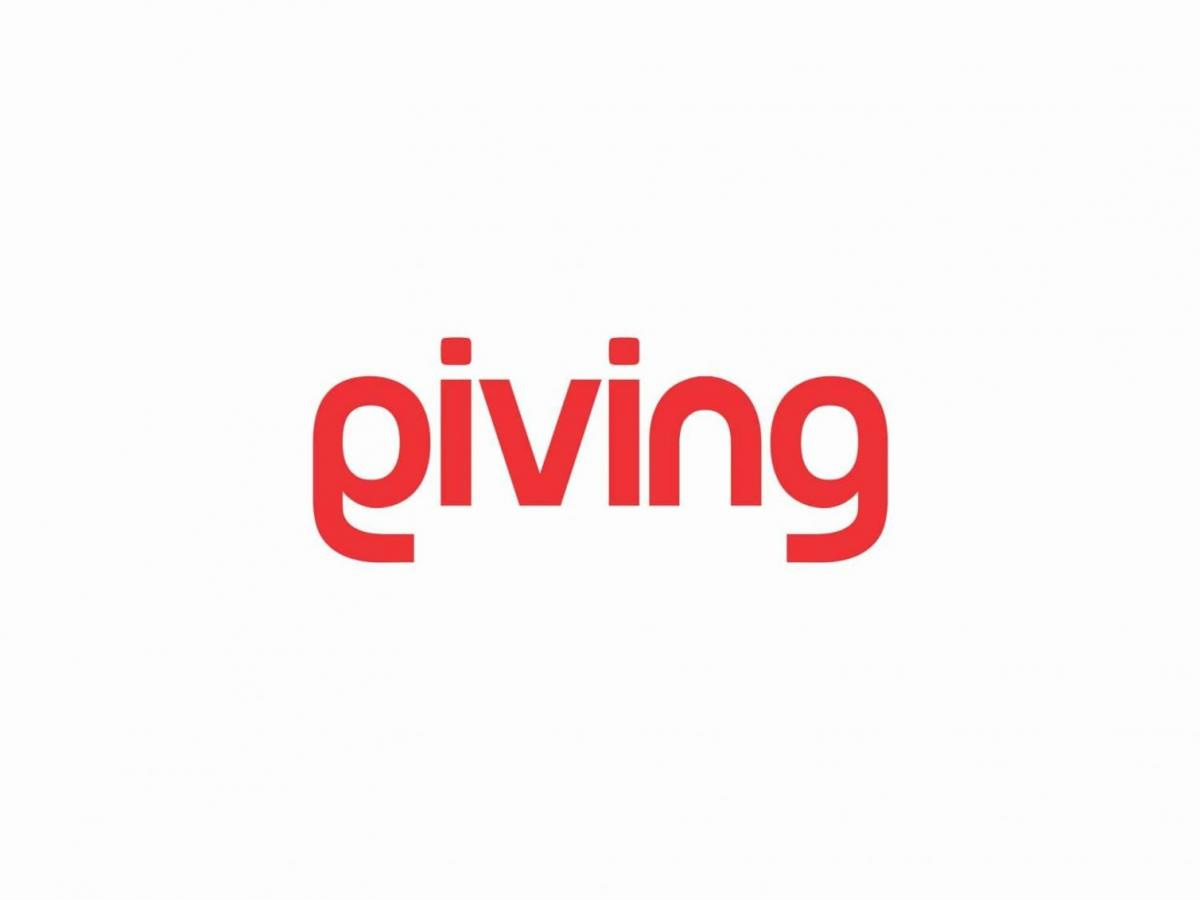Revealed: How INEC Paid ACT.Technologies N2.6bn for Production of PVCs

** Payments made through JAIZ Bank, FCMB
As the controversy continues to trail the production and supply of the permanent voters’ cards (PVCs) for the elections, it has emerged that a Nigerian company, ACT.Technologies Limited, was awarded a N2.6 billion contract by the Independent National Electoral Commission (INEC) to produce the PVCs, which was in turn sub-contracted to a Chinese firm.
This is coming as the Chairman of the commission, Prof. Attahiru Jega, on Thursday decried the antics of politicians ahead of the elections, noting that their actions were becoming a threat to the conduct of peaceful polls.
Based on the electronic payments exclusively obtained from INEC by THISDAY, the transfers showed that over N2.6 billion was paid to the Nigerian company for the production and supply of over 68.8 million PVCs within a period of seven months.
It was further gathered that the PVCs were expected to be produced at a unit cost of N65.
THISDAY gathered that the electronic payment mandate for the production of the PVCs was routed through two banks, an Islamic Bank – JAIZ Bank – and the First City Monument Bank (FCMB) Limited between 2013 and 2014, which showed that ACT.Technologies charged with the production of the PVCs had been fully paid, but is yet to supply all the PVCs for the elections.
A breakdown of the payment mandate showed that INEC on February 14, 2013 paid the sum of N489,937,500 to ACT.Technologies, being part payment for the production of the PVCs. The money was paid through JAIZ Bank.
Another transfer of N585 million was made on July 16, 2013 to the company via FCMB; on June 11, 2013, N293,962,500 was effected through JAIZ Bank; while on August 13, 2013, INEC paid N130 million.
In addition, N234 million was paid to ACT.Technologies for the supply of 40 million PVCs through JAIZ Bank on January 24, 2014, while the last transfer of N590,871,418 was made on February 19, 2014, five days after the presidential election was meant to have held before it was shifted.
All the electronic payment mandates were signed by the Secretary of INEC, Augusta Ogakwu; Director of Finance, Hajiya Salamatu Ibrahim; and Director of Budget, T.W. Afannga.
According to an INEC source, despite the full payment for the contract, a batch of PVCs were yet to be produced.
Shortly after the elections were postponed, Jega had informed the Senate that some 800,000 to one million PVCs had still not arrived the country from China.
Meanwhile, Jega, yesterday criticised the antics of politicians ahead of the elections, stating that their actions were threatening the conduct of peaceful polls.
The chairman, who stated this during a meeting with leaders of political parties in Abuja, said the extension of the general election had afforded the commission the opportunity to further perfect the electoral process.
This comes as political parties under the aegis of Inter-Party Advisory Council (IPAC) told INEC to critically look into the concerns raised from last Saturday’s field test for the card readers, which included failure of the machines to detect fingerprints and the time consumed during accreditation.
The meeting between Jega and the political parties was meant to brief the parties on the level of preparation of INEC with regards to last Saturday’s mock election in 12 states as well as entertain questions from the parties.
Jega, in his opening remarks, said politicians had been overheating the polity, just as he charged the political parties and their candidates to “live up to the spirit and letter of the peace accord” signed by presidential candidates and some state governors in the country.
While he pleaded with Nigerianss to contribute to the success of the election, the INEC chairman called on the political parties and their candidates to engage in the electoral process positively, saying it was “unfortunate that because of the actions of some political parties and some candidates a lot of tension has already been raised”.
He added that “the attitude of candidates may affect whether we will have peaceful elections”.
The INEC chairman, who said the eyes of the world are on Nigeria, decried the conflict and violence that had trailed campaigns, saying they were “unwholesome events that we should all work hard to address”.
Jega also tasked political parties to select credible party agents who will be stationed at the polling units. He advocated training for the party agents because they are central to transparency of the electoral process.
On the extension of the elections and preparations by the commission, Jega said: “We believe we are adequately prepared for the elections as we seize the six weeks extension to make supplementary preparations which we believe will add value to the elections.
“We believe that the period of the extension has offered us an opportunity to further perfect the electoral process for the delivery of free, fair, credible and peaceful elections, to the satisfaction of yearnings and aspirations of Nigerians.”
However, speaking for the political parties at the meeting, the IPAC Chairman, Tanko Yunusa, said while the political parties would support the commission, INEC should look into all the complaints raised during the field test for the card readers.
Yunusa, who is also the Chairman of the National Conscience Party (NCP), said the parties were mindful of the issues that resulted in the postponement of the elections, namely, security of lives and properties of political parties and Nigerians; collection of PVCs; and training of ad hoc staff on the use of card readers, among others.
He said: “We will lend our voice to the observations made on the card readers. We advise strongly that all observations made by the political parties should be looked into, as solving the problems, especially on fingerprints identification and the time consumed in the process of accreditation, will be necessary.
“All these issues are raised with the best intentions to give INEC all the support to conduct credible elections.”








Leave a Reply